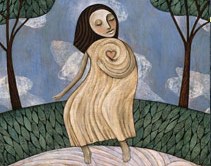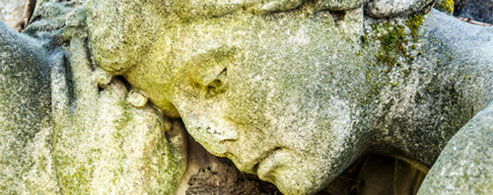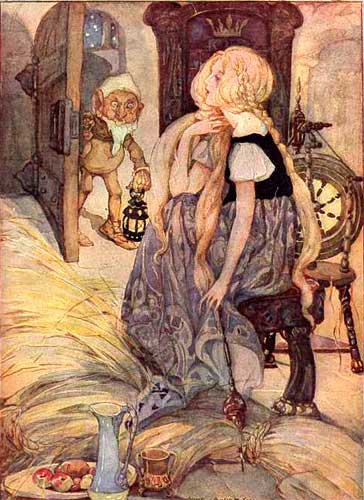A guest post by Stephen Aizenstat, Ph.D.
Pacifica's first Graduate Degree program was in Counseling Psychology, an extension of Pacifica’s then named Counseling Skills Certificate Program with roots in community mental health. Next to the University of California Santa Barbara, we offered outreach peer counseling to returning veterans coming back from Viet Nam as well as working with individuals dealing with drug and alcohol related challenges. What a time it was! All of us were learning the newest "treatment" strategies and methods, just then evolving out of the "Human Potential Movement." Our mentors were folks like Virginia Stair, Erik Erikson, Fritz Perls, and all kinds of leaders in the emerging fields of couples and family therapy. Combine this with a sprinkling of Ram Dass, the Grateful Dead, and too many others to count, we developed increasingly sophisticated counseling skills that to this day form the core of what we now know as a professional M.A. Counseling Psychology Program with emphasis in Marriage and Family Therapy, Professional Clinical Counseling, and Depth Psychology.
Read More











